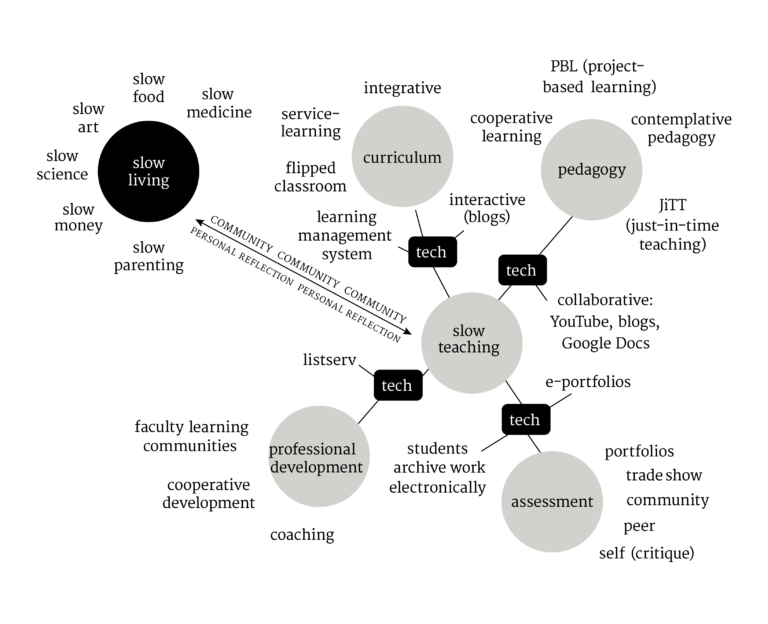Student resistance
 Why and So What
Why and So What
You read an article, hear a story or see a show that inspires you to work a new type of assignment or exercise into your course. You decide on an idea. It sounds interesting and you think your students will respond well to it. You spend hours researching and outlining your new exercise. You anticipate its implementation with excitement and hope. The day comes. You ask your students to follow the guidelines of the new exercise and they…stare at you blankly in a face-to-face course, or instigate radio silence in an online course. What went wrong?
It may not be a matter of what’s “wrong,’ keep in mind that introducing new methods into a learning atmosphere in which students may have grown accustomed to passive, individual learning could take a while. Student resistance can exhibit in a number of ways:
- Reluctant Compliance: Students comply, but unwillingly
- (Unproductive) Disruption: Students are noisy, or they clown around
- Prioritizing: Students consider your class less important than others, and treat it accordingly
- Rebuttal: Students assert they know best how to learn the material, and resist your approaches
- Active resistance: Students come to class, but come purposefully unprepared
These, of course, are not the only ways in which students resist, and the reasons for any type of resistance can be complicated, and have little to nothing to do with you or your specific exercise.
However, there are a few preventative measures you can elicit – if not inspire – the best possible response from students. Students have cited the following instructor behaviors as reasons for resistance1 :
The instructor:
- “Does not show up for class, cancels class without notification’
- “Is not an enthusiastic lecturer, speaks in a monotone and rambles, is boring, too much repetition, and/or uses no variety in lectures’
- “Keeps class overtime, talks too long and/or starts class early before all the students are there’
- “Does not encourage students to ask questions, does not answer questions or recognize raised hands, and/or seems ‘put out’ to have to explain or repeat [anything]’
- “The class is too easy, students feel they have not learned anything, and/or tests are too easy’
While seasoned instructors have grown adept at sifting useful critique from superficial, maybe vengeful complaining, it is still useful to take a step back and examine your teaching style holistically, rather than focusing on one failed exercise.
Reference
1Seidel, SB. (2013). What if students revolt?–Considering student resistance: Origins, options, and opportunities for investigation.



